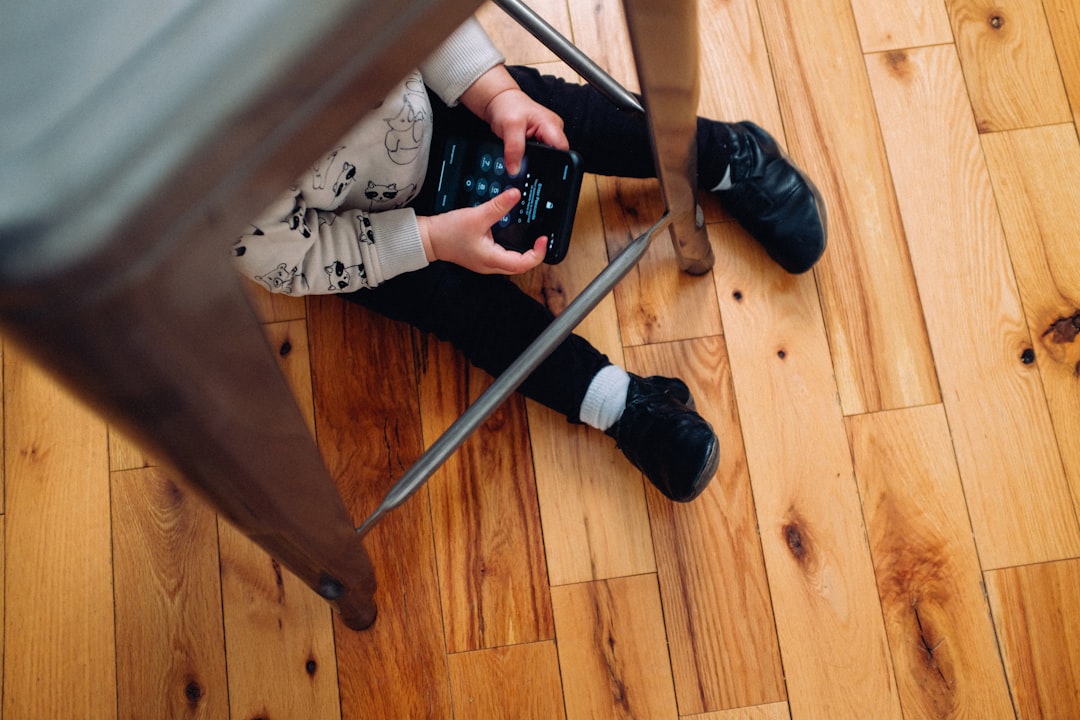
As Congress debates banning TikTok, and as influencers who rely on the platform for their livelihoods are protesting on Capitol Hill, necessary reporting is coming out about the many costs of putting child “influencers” on social media platforms. The New York Times published a must-read piece about how parents — mostly moms — are putting videos and images of their daughters online even as those girls’ followings are full of adult men and obvious pedophiles. In Cosmopolitan, journalist Fortesa Latifi writes about the “sharenting” reckoning, as parents who put their children’s lives on social media grapple with what they’ve done. And in the Washington Post, there is a deeply disturbing investigation of adolescents with mental health struggles being targeted by boys and men who blackmail them into live streaming themselves engaging in all kinds of disturbing and sometimes self-harming acts (I won’t go into more detail here, but the piece is truly sickening).
The Post investigation is distinct from the others because it’s about young people using platforms like Discord, not about young people working as influencers. But taken together, the three pieces paint a pretty dire picture of just how vulnerable young people are online and just how many bad actors are out there.
Which is why I truly don’t understand why any parent would feed their children to these wolves — and why any of us think it’s cute when parents turn their kids into “influencers.”
I’m not talking about posting the occasional family photo on Instagram, or making a private friends-and-family account to share photos of your kid with far-away loved ones, or letting your 16-year-old go on Discord. The internet exists; it’s pretty hard to keep your kids off of it permanently, and I can certainly understand parents struggling with making age-appropriate decisions for things like teen social media use. What I do not understand are the parents who monetize (or attempt to monetize) their children. I do not understand parents who think it’s totally fine for their nine-year-old to have his own YouTube channel.
The fact that “influencing” is a job is disturbing enough in itself, and the fact that “influencer” is one of the most popular career goals for young people should make all of us pause and question what kind of empty, vapid society we’re creating. It’s not surprising that some parents would use their children as props in their influencer careers (or in their attempts to become influencers) — having a baby is a biological function, not a moral transformation, and does not imbue a human being with greater integrity, virtue, or judgment. Parents: They can be just as dumb, greedy, and selfish as the rest of us.
But having a child does create a new set of obligations to a human being that you, the parent, have invited into the world. At the top of the list is keeping your child healthy and safe. Turning them into an influencer, or using them to build your own social media following, compromises that obligation.
Keep reading with a 7-day free trial
Subscribe to Jill Filipovic to keep reading this post and get 7 days of free access to the full post archives.

